

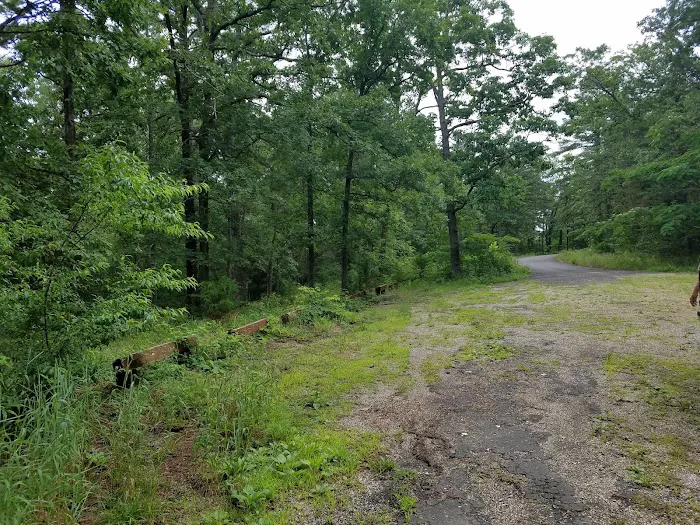
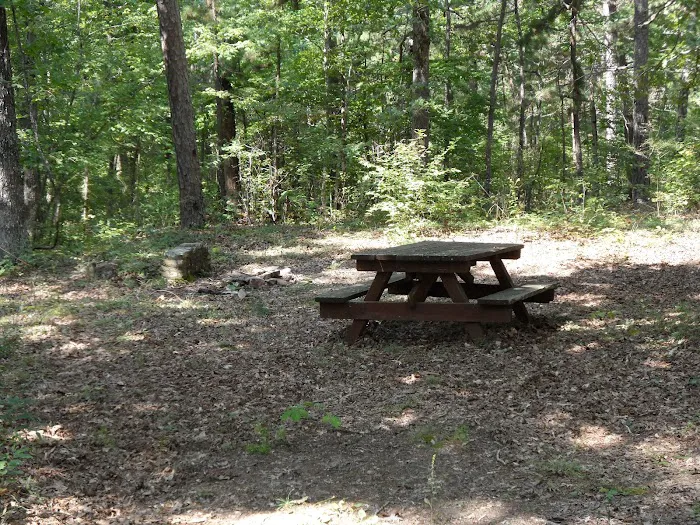
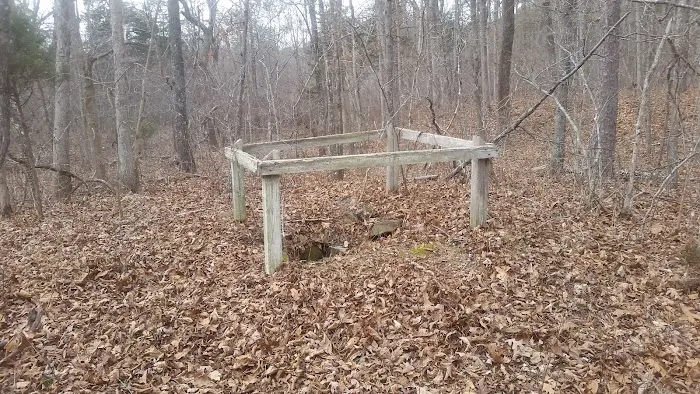
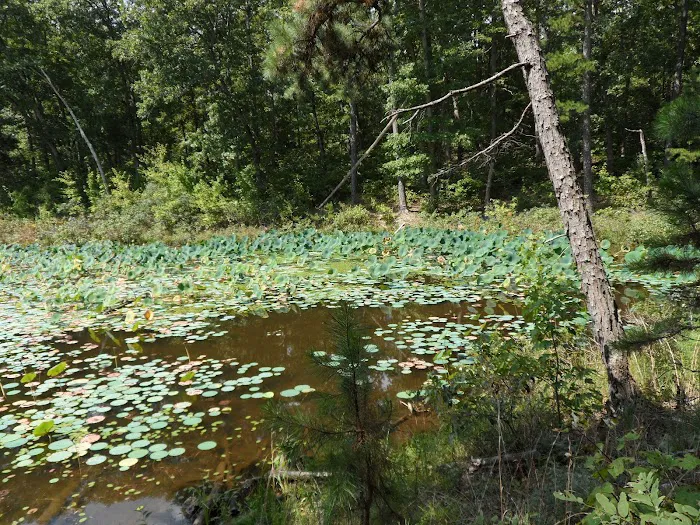
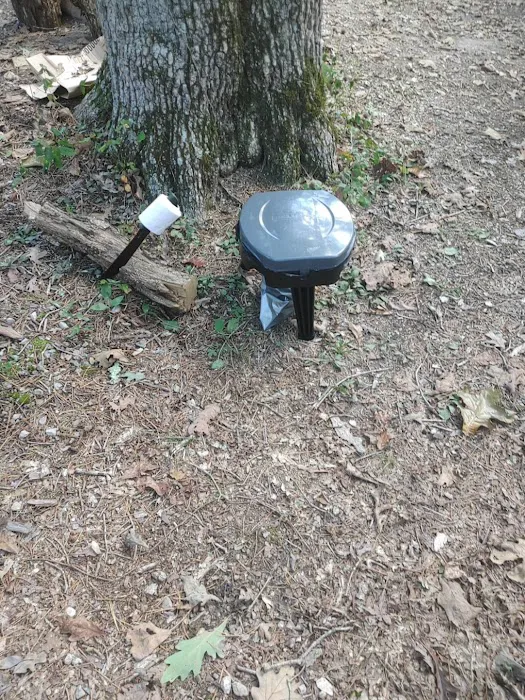
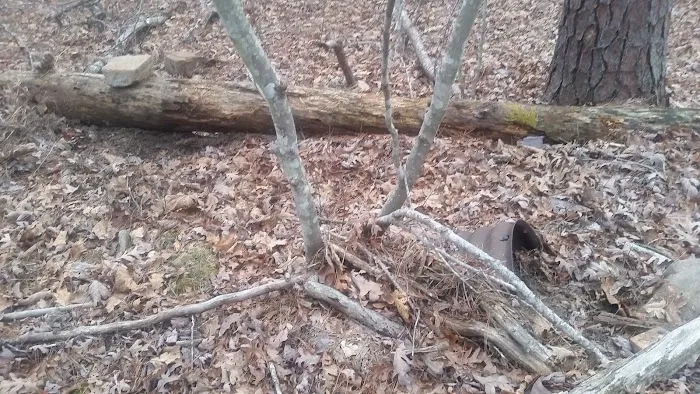
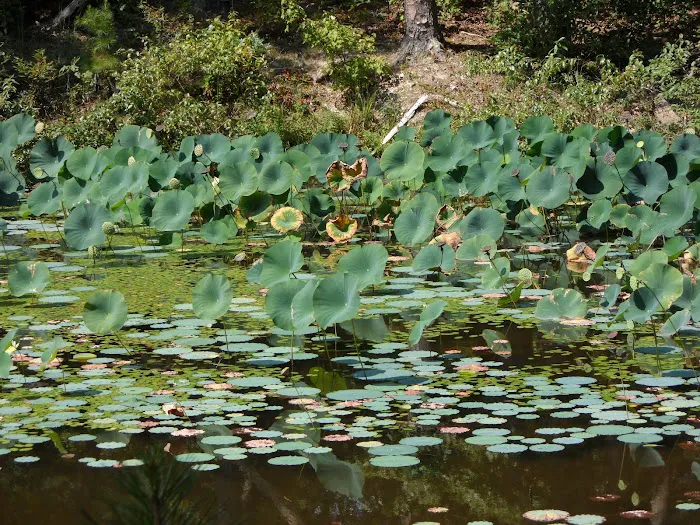
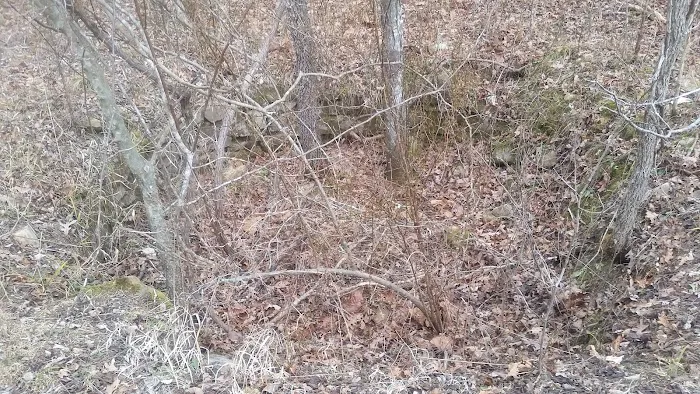
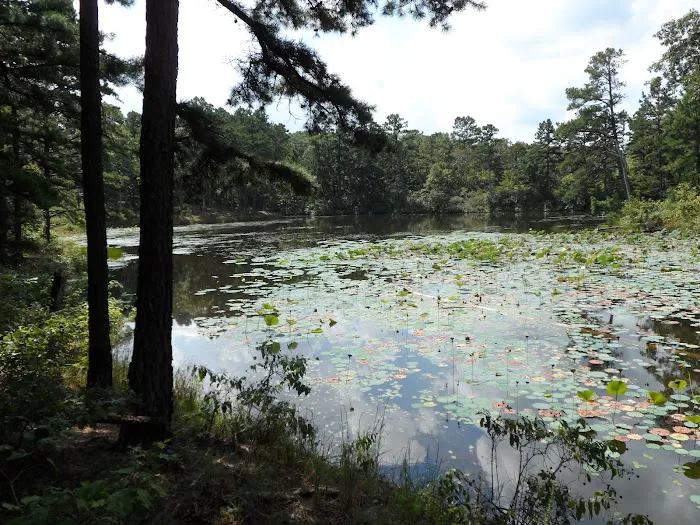
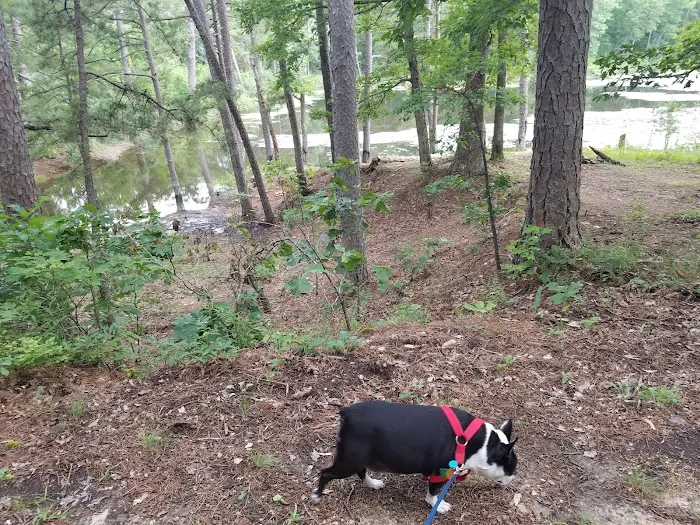
Salem, MO 65560, USA
For some Missourians, the ideal camping experience isn't about luxury amenities or bustling crowds, but about a profound connection with raw, untamed nature. Little Scotia Campground, located near Salem, MO, in the heart of the Mark Twain National Forest, represents just such a place. It's a destination for those who truly embrace primitive camping, where self-reliance and an unwavering commitment to "Leave No Trace" principles are paramount. This is a location that requires a particular kind of readiness and understanding, offering a unique opportunity to step back in time and truly disconnect.
The allure of Little Scotia, for those who appreciate undeveloped wilderness, lies in its potential for quiet and beautiful solitude. Some descriptions evoke a sense of "stunning" and "beautiful" natural scenery, hinting at the picturesque landscapes that can be found. The presence of Little Scotia Pond and other bodies of water contributes to its natural appeal, forming part of the headwaters for the vital Meramec River, which ultimately provides drinking water downstream. For those seeking true quietude without the constant hum of technology, the reported lack of cell or internet service for miles around is, for many, a significant advantage, allowing for deep immersion in the tranquility of the Ozarks.
However, it is absolutely crucial for prospective visitors to approach Little Scotia Campground with a very clear understanding of its current conditions and limitations. Recent public data and candid reviews indicate that this is not a developed campground with maintained facilities; rather, it has effectively transitioned into a primitive, dispersed camping area, with significant challenges. Reports highlight areas that are "totally overgrown" and a notable absence of any maintained infrastructure. While some past visitors have found peace and beauty, more recent accounts raise serious concerns about its upkeep, safety, and the unfortunate consequences of improper use by some transient individuals. This article aims to provide a factual, balanced overview of Little Scotia Campground, allowing Missouri locals to make informed and responsible decisions about whether this unique, rugged, and potentially challenging outdoor experience aligns with their camping preferences and capabilities.
Little Scotia Campground is located within the expansive Mark Twain National Forest near Salem, MO 65560, USA. This places it deep within a rural and relatively remote section of the Missouri Ozarks, a region celebrated for its natural beauty, but also for its rugged and often undeveloped terrain. The journey to Little Scotia is an integral part of the experience, as it takes you away from urban centers and into a truly secluded environment.
Access to the campground area is typically via county roads and unpaved forest roads. From Salem, travelers generally proceed east on Hwy 72/32, then continue on Hwy 72 for several miles before turning onto Dent County Road #537 (also known as Forest Road #2341). Following this road will lead you to the general vicinity of Little Scotia Pond and the former campground area. It is vital for visitors to be aware that road conditions on national forest lands can vary significantly based on weather, maintenance, and recent traffic. Reports of "overgrown" areas and rough terrain suggest that vehicles with higher clearance or 4x4 capabilities may be beneficial, especially if attempting to reach specific dispersed camping spots away from the main access points.
A paramount aspect of its location and accessibility is the widely reported "absolutely no cell/internet service available for miles" around Little Scotia. This is a critical factor for trip planning, as digital navigation tools and communication will be entirely unavailable once you are close to the site. Visitors must prepare meticulously by bringing physical maps, downloading offline maps, and having clear, printed directions. The remote nature contributes to its often "quiet" ambiance, offering a profound sense of seclusion. However, this remoteness also means that emergency services are likely further away, underscoring the vital need for self-reliance, comprehensive first-aid kits, and meticulous pre-trip planning. It is an area where being fully prepared for an off-grid experience is not just recommended, but essential.
Based on current public data and multiple recent reviews, Loggers Lake Campground (referred to as Little Scotia in other contexts, indicating a close proximity or shared management area) operates as a profoundly primitive camping area with virtually no maintained services. Visitors must approach this location with a full understanding that it requires a highly self-sufficient camping style and an unwavering commitment to "Leave No Trace" principles. Here’s what is currently understood about the services (or pronounced lack thereof) offered:
Due to the severely primitive and reportedly deteriorated conditions, including concerns about health and sanitation (like the mention of "cholera" in connection with improper human waste disposal), Little Scotia Campground is only suitable for highly experienced, self-sufficient campers who are fully prepared for a rigorous wilderness experience and can adhere strictly to ethical outdoor practices. It is not suitable for casual campers or those expecting even minimal amenities.
Despite (or perhaps because of) its profoundly primitive nature and the significant challenges highlighted in recent reviews, Loggers Lake (Little Scotia) Campground offers several unique, albeit rigorous, features for the truly prepared and adventurous camper:
It is absolutely critical for potential visitors to weigh these highlights against the extremely primitive conditions and severe challenges reported in recent reviews, particularly regarding sanitation and safety. Little Scotia is best suited for experienced primitive campers who are highly self-reliant, prioritize raw natural beauty over any amenities, and are prepared to manage all aspects of their visit with a strong commitment to environmental responsibility and personal safety.
As a primitive campground located within the Mark Twain National Forest, Little Scotia Campground does not offer traditional "promotions" or "special offers" in the manner of a privately owned commercial campground. Its operational status falls under the U.S. Forest Service guidelines for dispersed camping or former developed sites, which typically means standardized (and often minimal) fees, or even free access, rather than promotional discounts.
Key "benefits" or considerations that might be seen as advantageous, particularly for locals, include:
It is absolutely crucial to verify the current status, any applicable fees, and especially any safety advisories or regulations directly with the Mark Twain National Forest. The official website for the Mark Twain National Forest (fs.usda.gov/mtnf) or contacting the local ranger district is the most reliable source for up-to-date information on camping regulations, fire restrictions, and any changes to the area's status. Do not assume any services or conditions based on historical data; always check the current status.
Given the highly primitive nature and reported lack of maintenance at Little Scotia Campground, direct contact with a specific campground manager is unlikely. Instead, inquiries should be directed to the relevant district office of the Mark Twain National Forest, which oversees this area. The phone number provided in the prompt (775) 507-0837 may not connect directly to an active contact for this specific primitive site and appears to be a Nevada area code, which is highly unusual for a Missouri location. Therefore, the most appropriate contact for current conditions, regulations, and safety advisories for any location within the Mark Twain National Forest would be the district ranger station that manages the Salem area.
Address: Salem, MO 65560, USA (General area within Mark Twain National Forest)
Most Reliable Contact Method:
Mark Twain National Forest Headquarters (Rolla Supervisor's Office): (573) 364-4621. This is the central number for the forest, from which you can be directed to the appropriate ranger district (likely the Potosi-Fredericktown Ranger District or the Salem Ranger District, if one exists) that manages the Little Scotia area. This is the recommended first point of contact for up-to-date information.
Official Website: Visit the official Mark Twain National Forest website (fs.usda.gov/mtnf) for general forest information, contact details for specific ranger districts, and any published alerts or advisories regarding primitive camping, fire restrictions, or public health concerns.
It is absolutely imperative to make all necessary inquiries and confirm current conditions well in advance of your trip. Given the "absolutely no cell/internet service available for miles" at the actual site, relying on communication once you arrive is not an option. Always check current conditions, fire bans, and any advisories with the Forest Service before heading to Little Scotia Campground, especially in light of the severe concerns raised in recent reviews regarding sanitation and public safety.
Little Scotia Campground, while presenting significant challenges and demanding extreme self-sufficiency, may appeal to a very specific niche of Missouri locals: the highly experienced, resilient, and deeply committed primitive camper. For this discerning group, it offers a raw and unfiltered connection with the Ozarks that is increasingly difficult to find in more developed areas.
For Missourians who embody the "Leave No Trace" ethos and genuinely seek a complete digital detox, Little Scotia's complete lack of modern amenities and cell service becomes its primary advantage. It forces a true immersion in the natural world, allowing for a profound sense of solitude and uninterrupted time with companions, far from the distractions of daily life. The "quiet and beautiful" surroundings, particularly the clear waters of Loggers Lake and Little Scotia Pond (which are integral to the Meramec River's headwaters), offer a serene backdrop for fishing, nature observation, and reflective moments.
However, it is crucial to reiterate that recent public data, particularly from user reviews, paints a picture of a severely neglected and potentially hazardous site due to improper use by some individuals. Concerns regarding "overgrown" conditions, "insect and sewage infested" areas, and the complete absence of basic facilities like restrooms and trash disposal make this a highly unsuitable location for casual campers, families with young children, or anyone unprepared for extreme primitive conditions. The reports of potential health risks are serious and should not be overlooked.
Therefore, for the vast majority of Missouri locals, alternative, more maintained primitive or developed campgrounds within the Mark Twain National Forest (such as Loggers Lake Campground itself, if it is indeed a distinct, more managed site, or other listed Forest Service campgrounds) would be a far safer and more enjoyable option. Little Scotia, in its current reported state, is exclusively for the most seasoned and self-reliant backcountry enthusiasts who understand the inherent risks and responsibilities, and who are willing to navigate significant challenges to experience a truly unadulterated, yet potentially problematic, slice of the Ozarks.
Primitive camping. No bathroom. No trash. No fire rings. But quiet and beautiful and clean. Would recommend.
Mar 17, 2024 · Jess DTotally overgrown and completely abandoned campground now The NFS motto is 'Leave No Trace' They took the johns and signs, but left everything else behind to wither and rot, aka a pretty big Trace.... I reported Beavers had taken over the pond, returned a few weeks later and all the Beavers vanished, spent 5 hours on the bank to dusk....not one sighting to what are aggressive Beavers who had no problem harassing visitors? AVOID THE CAMPGROUND AREA AT ALL COST AND DO NOT EVEN ENTER ON FOOT Some kind of nomadic RV'er camped here, dumped trash and cans, Also did a huge toilet dump directly on a space, and another space. The place seems to have hit the radar for wanderers of sorts? People who aren't families on a weekend jaunt I'll put it that way. They aren't locals either. The kind of people that if law enforcement encounters them, they best serve themselves and the public by moving them down the road? The kind of people with backgrounds that would take a deputy out of patrol for the rest of the day or more? In a unique area crossed up with 3 counties? What the NFS did to Missouri was create an Outlaw Hideout for Criminals on the Run. Now some camp sites are insect and sewage infested, I don't mean a little and I mean a lot. I walked up because there was a note hanging, and my legs ended up getting chewed even with repellant applied? The County and the State have a Serious Health Situation that will absolutely threaten human safety and wildlife both. This area was all man created, it's not authentic natural so the use of a bulldozer here is warranted considering how deadly this could be? "Cholera" comes to mind when toilets are dumped on the ground. Little Scotia Pond, Scotia Lake, and the other ponds along this giant ridge are all collectively the headwaters or source for the Meramec River which ends in St. Louis and provides drinking water all along it's travel. Nearby one little mud hole is marked as the source, it's not true because there are several branches that when they all merge, it forms the Meramec from this ridge. Scotia Lake and Little Scotia Pond are the two biggest watersheds in the area. I wouldn't waste my time trying to find that little mudhole marked on Google maps here it's no more that a clay pit and entangled with weeds
Aug 13, 2024 · Gene SNice little Primitive Campground. Watch for Roots digging a Pit.
Apr 30, 2025 · Rory BrutonIt hasn't been upkept since the 80's and its quiet. Perfect!
Oct 31, 2021 · Barry WoodsThis is a small area but a beautiful place for pictures.
Nov 06, 2017 · Pansy Bilal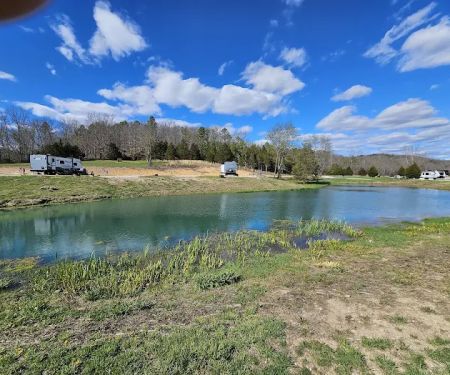 Little Sinkin Creek RV Resort & Campground
4.0 (26 reviews)
Little Sinkin Creek RV Resort & Campground
4.0 (26 reviews)
1960 County Road #563, Bunker, MO 63629, USA
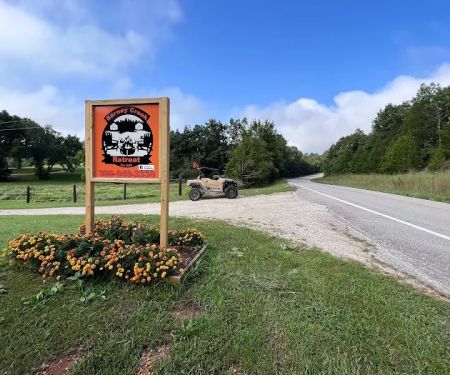 Barney Creek Retreat LLC
5.0 (7 reviews)
Barney Creek Retreat LLC
5.0 (7 reviews)
19816 State Hwy 32, Salem, MO 65560, USA
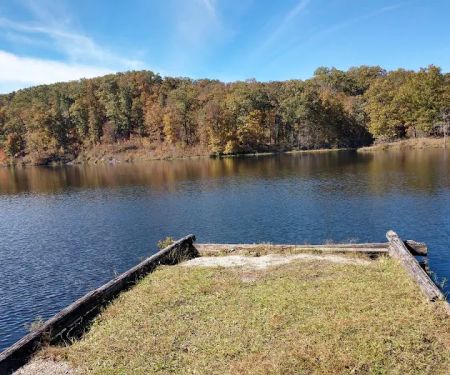 Loggers Lake Campground
4.0 (54 reviews)
Loggers Lake Campground
4.0 (54 reviews)
Bunker, MO 63629, USA
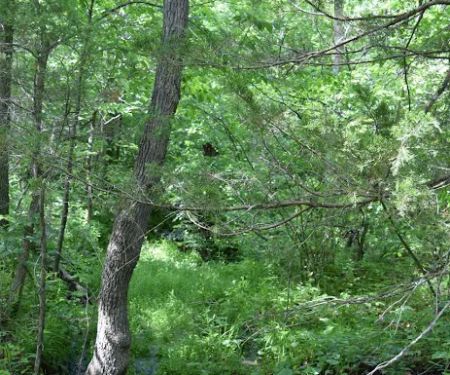 Troublesome Hollow Primitive Campsites
4.0 (5 reviews)
Troublesome Hollow Primitive Campsites
4.0 (5 reviews)
41277 MO-19, Salem, MO 65560, USA
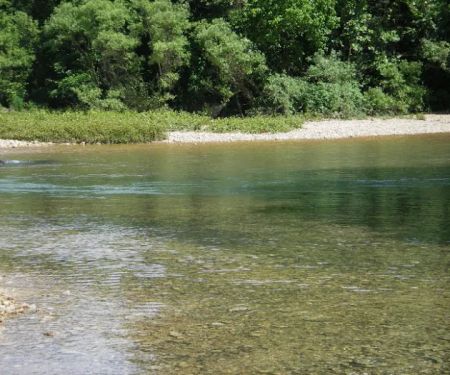 Andersons Akers RV, Campground
4.0 (7 reviews)
Andersons Akers RV, Campground
4.0 (7 reviews)
38600 MO-19, Salem, MO 65560, USA
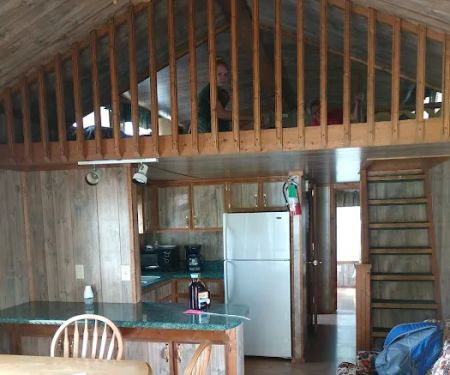 Jason Place Campground
3.0 (72 reviews)
Jason Place Campground
3.0 (72 reviews)
36131 State Hwy KK, Salem, MO 65560, USA
 Flying W Store & Camping LLC
4.0 (70 reviews)
Flying W Store & Camping LLC
4.0 (70 reviews)
12099 State Hwy K, Jadwin, MO 65501, USA
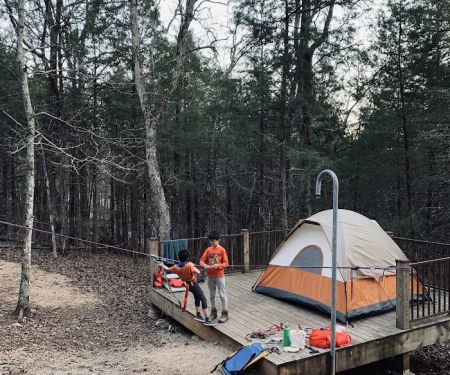 Timbuktu Campground
4.0 (48 reviews)
Timbuktu Campground
4.0 (48 reviews)
Unnamed Road, Eminence, MO 65466, USA
 Dent County Commons
4.0 (65 reviews)
Dent County Commons
4.0 (65 reviews)
162 County Rd 2300, Salem, MO 65560, USA
Salem, MO 65560, USA
 B & S Estates3.0 (33 reviews)
B & S Estates3.0 (33 reviews)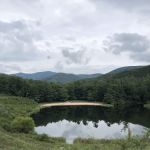 Todd Lake Recreation Area Campground4.0 (30 reviews)
Todd Lake Recreation Area Campground4.0 (30 reviews)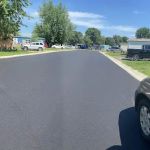 Sungold Heights2.0 (21 reviews)
Sungold Heights2.0 (21 reviews)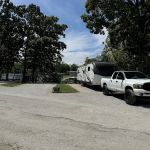 Water's Edge RV and Cabin Resort4.0 (262 reviews)
Water's Edge RV and Cabin Resort4.0 (262 reviews)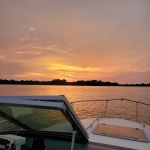 Harbor Winds Trailer Park4.0 (20 reviews)
Harbor Winds Trailer Park4.0 (20 reviews)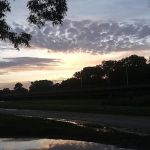 Elmore Campground4.0 (5 reviews)
Elmore Campground4.0 (5 reviews) Exclusive Travel Packages for First-Class Travelers: A Guide to Luxury Vacations
Exclusive Travel Packages for First-Class Travelers: A Guide to Luxury Vacations Refined Travel Experiences in Southeast Asia: Explore Luxury & Unique Destinations
Refined Travel Experiences in Southeast Asia: Explore Luxury & Unique Destinations How to Make the Most of Luxury Vacation Deals: Expert Tips for Savvy Travelers
How to Make the Most of Luxury Vacation Deals: Expert Tips for Savvy Travelers How to Enjoy a Refined Travel Experience in the Mountains
How to Enjoy a Refined Travel Experience in the Mountains Refined Travel Itineraries for Art and Culture Lovers: Explore the World of Art and History
Refined Travel Itineraries for Art and Culture Lovers: Explore the World of Art and History Most Luxurious Destinations for Honeymooners: Top Spots for Romance and Luxury
Most Luxurious Destinations for Honeymooners: Top Spots for Romance and Luxury